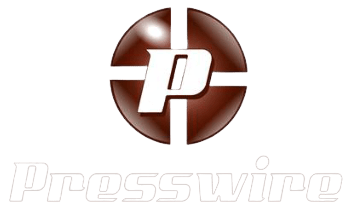The concept behind this cooperation is known as pooling and sharing. Running in a similar way to NATO’s ‘smart defence’ it seeks to deepen cooperation between the armed forces of EU member states.
Through a process of harmonisation of rules, technology, and equipment that has been developed by the European Defence Agency, there are many more similarities between forces than in previous years. This enables staff to work together much more easily and for equipment to be pooled to fill in any gaps that may exist between nations.
The armed forces of an EU member state are often involved in peace keeping or humanitarian missions as well as combat missions. These types of deployments usually require vast amounts of planning and preparation in a very short space of time, as events unfold in another part of the world. Knowing, for example, that people need help desperately after an earthquake or similar tragedy, response time to deployment is vital.
With this in mind, the ability for units to cooperate on every level and at minimal notice makes rapid deployment an important operational capability. At the European Defence Agency, we believe that pooling and sharing makes this possible.
The system also promotes collective defence by mutual aid, which means deeper integration between EU governments. The pooling of money by using common funding for projects enables countries to focus on their strengths and receive improved value for money.
Pooling and sharing also brings benefits to the European defence sector and the many stakeholders that are involved.
As these harmonisation rules have developed for procedures and equipment, it has become easier for companies to work with multiple armed forces and their governments at the same time. Until recently, small differences between the equipment and operations of different governments made it difficult to be able to supply the same service or equipment in an off-the-shelf way. Minor changes or tweaks could add substantial time delays and cost increases to the end buyers, as the contractor or manufacturer needed to slightly redesign and test their products.
At the European Defence Agency we help in the procurement process for EU governments and are working hard to help the European defence sector develop into a stronger part of the economy. We believe that the combination of increased harmonisation in addition to pooling and sharing will encourage both existing and new defence companies to innovate and create cutting edge capability advantages to Europe’s military forces.


